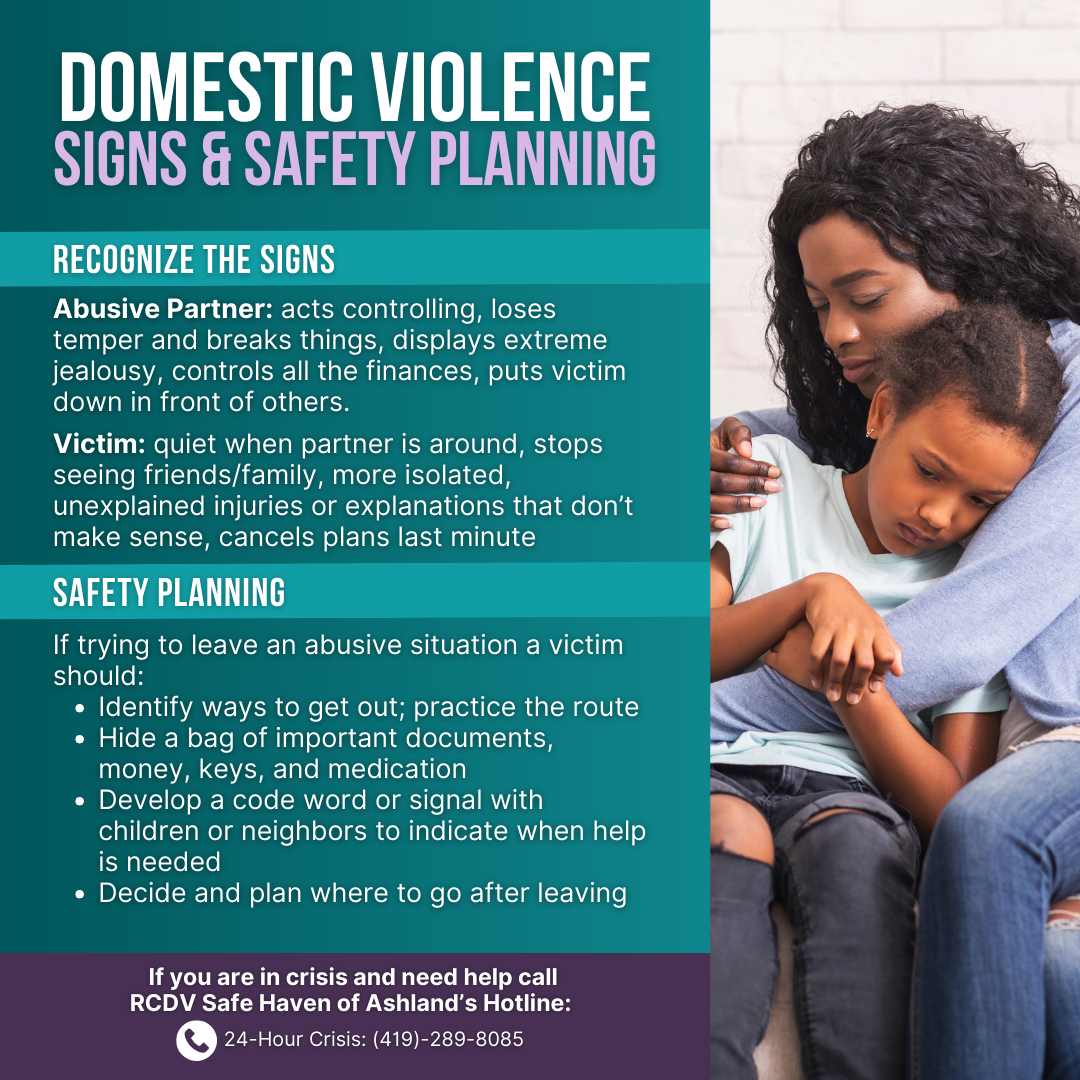Journaling is one of the best tools you can put in your mental health toolbox. Researcher Silvia Bastos writes, “Many of us, when we face anxious thoughts, try to deny them — push them away, and think of something else.” and “You probably know how it feels to lie in bed for hours unable to sleep because you’re worried about problems, commitments, or the future.”
Unfortunately, this only suppresses our stress, and usually makes it surface later in worse ways. But, writing down your worries can give you a sense of release — almost as if you are transferring worries out of your head and onto paper. One technique that can be extremely useful is to write down your tasks for the next day before you go to bed. This way your brain can relax, knowing that it’s all taken care of. If this is not enough, use your journal to describe what the next day will look like. Include your tasks, how you want to feel, who you plan to see.
WebMD informs us how writing helps manage depression by helping you get to know yourself better. It brings your thoughts and feelings to the surface. It lets you take control. When your thoughts and worries swirl around, writing things down can cut down the chaos. Things seem more manageable. Journaling helps you take an active role in your mental health. It empowers you to do something to feel better. It gives you a chance to practice positive self-talk. Gratitude journals and affirmation journals actually help retrain your brain.
Mental Health America states, “A journal is personal, so it doesn’t matter if you use proper sentences or spell words correctly. Let your thoughts flow freely without any self-editing. Here are some ways you can use a journal to express yourself:
- Make a list
- Write a prayer, poem or song
- Incorporate images or drawings to express how you feel
- Write a letter to someone
- Write a story with you as the main character
With journaling, you have the freedom to write or draw in whatever way works for you.
According to the University of Rochester Medical Center, we should be intentional and set aside a few minutes every day to write. Make it easy by keeping a pen and paper handy, or if you prefer, use an app on an electronic device. You don’t need to follow any certain structure. You can write or draw in whatever way meets your needs and preferences. Don't worry about what other people might think or about doing it right. Your journal is for you.
Start journaling and see the positive impact it has on your mental health.
-Jerry Strausbaugh, EdD, LPCCS, Executive Director







